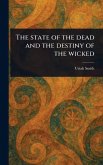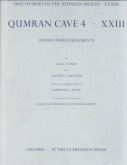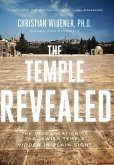"Dead Men Tell Tales" by Harry Rimmer explores the fascinating world of biblical archaeology and its connection to the Old Testament. Delve into the antiquities of the Bible and discover how archaeological findings support and illuminate the historical narratives within scripture. This compelling work examines the tangible evidence that brings the biblical world to life. Focusing on the intersection of faith and historical discovery, Rimmer presents a powerful apologetic for the truth and enduring relevance of the Bible. Through meticulous research and engaging prose, "Dead Men Tell Tales" offers readers a unique perspective on the historical context of the Old Testament. Journey back in time and uncover the ancient world that shaped the foundations of Christianity, revealing how the stones themselves bear witness to the stories within the Bible. This book offers insights into the world of biblical archaeology, appealing to those seeking a deeper understanding of the historical roots of their faith. This work has been selected by scholars as being culturally important, and is part of the knowledge base of civilization as we know it. This work is in the public domain in the United States of America, and possibly other nations. Within the United States, you may freely copy and distribute this work, as no entity (individual or corporate) has a copyright on the body of the work. Scholars believe, and we concur, that this work is important enough to be preserved, reproduced, and made generally available to the public. We appreciate your support of the preservation process, and thank you for being an important part of keeping this knowledge alive and relevant.
Bitte wählen Sie Ihr Anliegen aus.
Rechnungen
Retourenschein anfordern
Bestellstatus
Storno

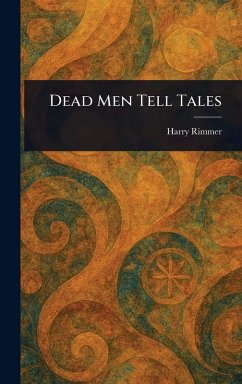

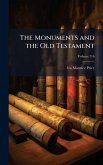
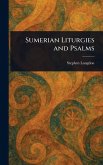
![The Dimensions Of The Babylonian Ark [by H.h.p. Haupt] The Dimensions Of The Babylonian Ark [by H.h.p. Haupt]](https://bilder.buecher.de/produkte/74/74539/74539103m.jpg)

